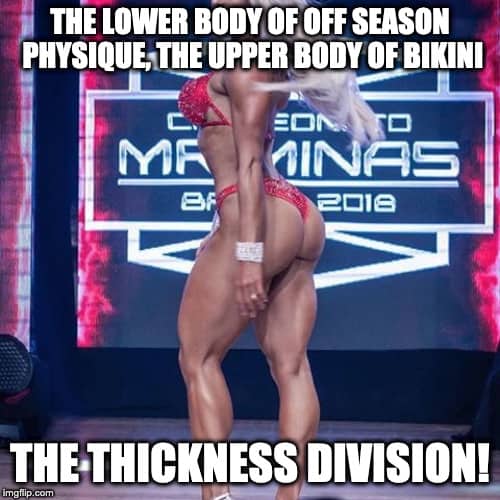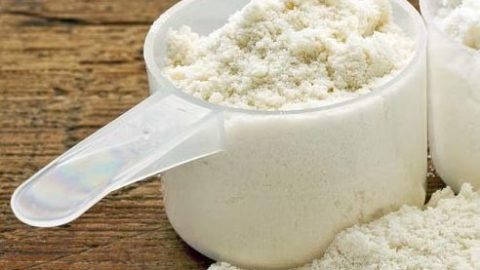Toning & Firming is a common industry terms used sell various programs and products, usually directed at women. I cover this silly term and expose it for what it is! If readers want additional details on the topic, click HERE.
Will Brink is the owner of the Brinkzone Blog. Will has over 30 years experience as a respected author, columnist and consultant, to the supplement, fitness, bodybuilding, and weight loss industry and has been extensively published. Will graduated from Harvard University with a concentration in the natural sciences, and is a consultant to major supplement, dairy, and pharmaceutical companies.
His often ground breaking articles can be found in publications such as Lets Live, Muscle Media 2000, MuscleMag International, The Life Extension Magazine, Muscle n Fitness, Inside Karate, Exercise For Men Only, Body International, Power, Oxygen, Penthouse, Women’s World and The Townsend Letter For Doctors.
He’s also been published in peer reviewed journals.
Will is the author of the popular e-books, both accompanied by private members forum access , Bodybuilding Revealed & Fat Loss Revealed.
You can also buy Will’s other books on Amazon, Apple iBook, and Barnes and Noble.





Darn Will, you ruined it. All this time I thought lifting all this weight I would get toned and firm. I'm crushed. LOL
Good question. Easiest way to measure actual changes in body composition is to use calipers such as the Accu-Measure or Slim-Guide calipers. They are cheap, amazingly accurate, and easy enough to use.
Before anyone asks, no, the electronic bodyfat scales are not accurate and I do not recommend them. 😮
Lol I should print this out to post at the gym.
BTW, I have heard that calipers can be inaccurate and that it largely depends on the skill of the person that uses it.
I have heard other fitness pros recommend the Accu-Measure calipers before. Are calipers really the most cost effective measure for composition assessment?
The most accurate is an autopsy, followed by DEXA, followed by under water weighing, and the calipers, more or less. I personally tested the accu-measdure to some expensive calipers, and was surprised how accurate they are. Still, they are based on assumptions and have a margin of error. The more important issue is you get an objective way to measure changes in body comp vs how accurate the numbers are per se in terms of absolute accuracy of the readings.
Will, this is a very on point video. I know a lot of women who think that they can "tone and firm" their muscles by using really light weight and doing countless reps. I also see plenty of women at my gym working out this way. Far too many women mistakenly think that they're going to get big and bulky if they touch a barbell or dumbbell over 20 pounds.